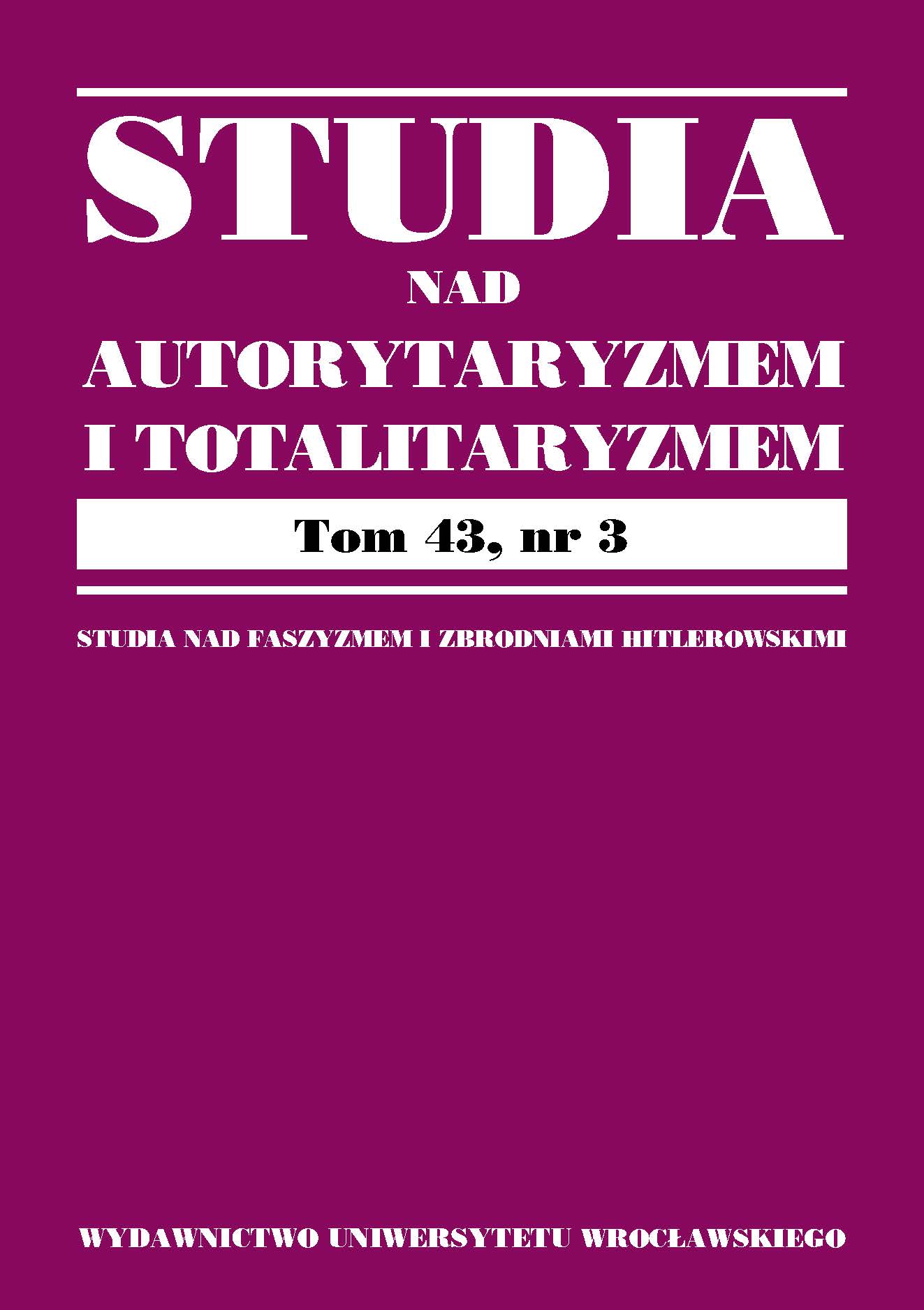

Articles

The purpose of the study is to present the benefits for anti-communist opposition activists and persons repressed because of anti-communist activity normalized in the Act of 20 March 2015 on anti-communist opposition activists and persons repressed for political reasons. The regulation is a relatively new manifestation of the state’s historical and social policy in the field of social security of citizens fighting for the sovereignty and independence of the homeland, not discussed in much detail in the literature.
As part of the introductory remarks, the paper points out the place of benefits for “oppositionists” in the social security system, their constitutional conditions, as well as the motives and goals that guided the legislator while passing the law. In the further part of the study, the subject and object scope of these benefits were indicated, particularly the criteria based on which notions of anti-communist opposition activist and person repressed for political reasons were defined. It was stressed that some manifestations of “opposition” activity are at the same time elements defining other categories of persons involved in the fight for sovereignty and independence of the homeland and that personal injury (its concrete form), as a rule, is not a constructional element of these concepts. Due to the limited scope of the study, only the legal regulation of financial benefits for “oppositionists” was analyzed in more detail. The description takes into account changes in the legal regulation of their catalog and the conditions of their use. The article assesses the adequacy of the adopted legal solutions to the assumed objectives of the benefits and comments formulated in the analysis of the concept of anti-communist opposition activist and person repressed for political reasons.
The analysis leads to the conclusion that in the current legal state, the benefits for “oppositionists” are an expression of the legislator’s aspiration to exclude them from the group of social assistance recipients and to guarantee them support taking into account their merits for Poland. This support is a form of specific — “tailored to meet the needs of social security and the financial capabilities of the state” — partial compensation of damages, including those caused by the opposition, as well as non-material damage, even though its specific forms do not directly determine the subjective and objective prerequisites for determining the right to benefits. However, the omission of the family members of a deceased “oppositionist” from the group of entities entitled to benefits was regarded as dubious.